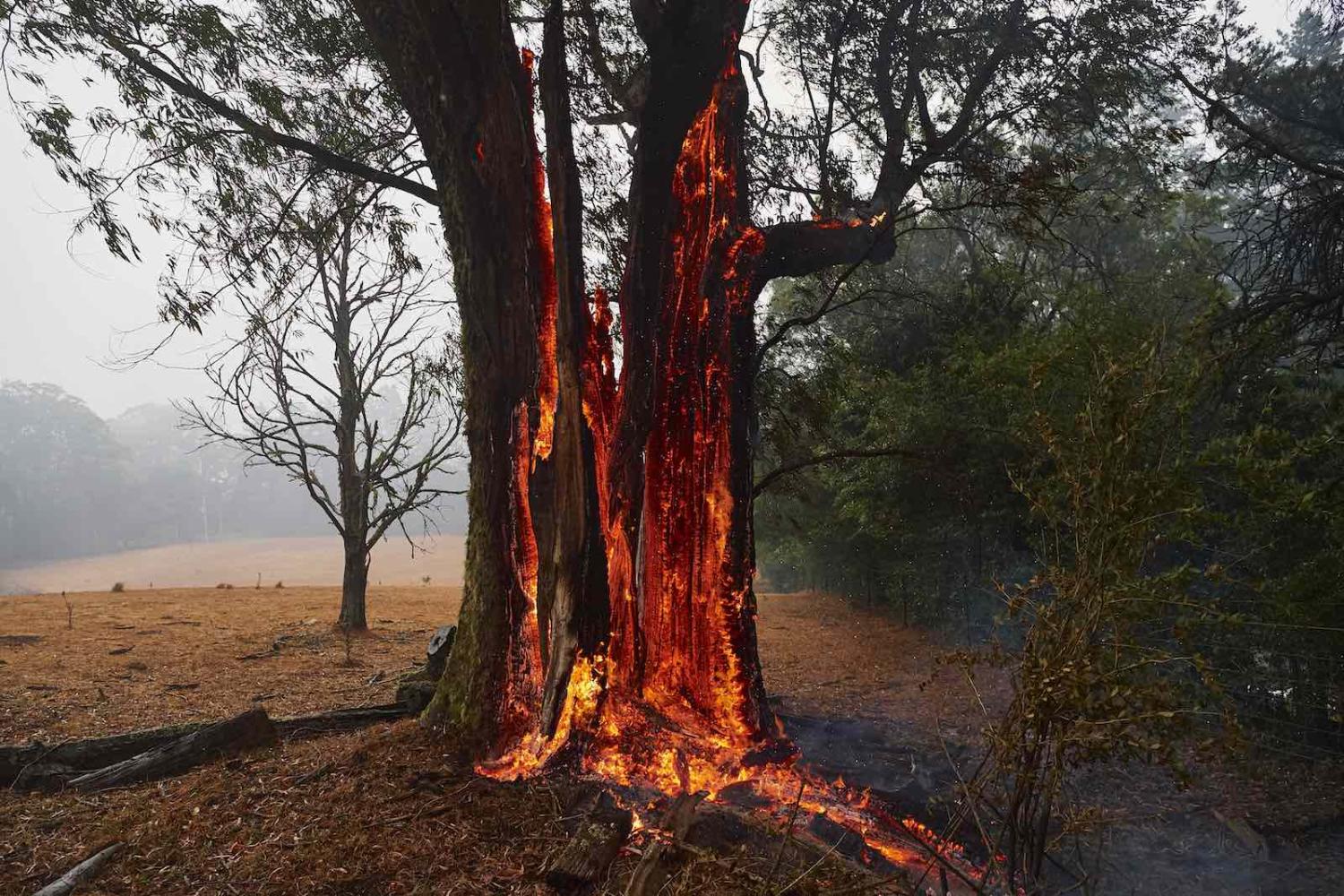- The bushfires have ravaged Australia over the Christmas and New Year period, leading Pacific nations to lend their supported by sending aid or even emergency personnel to assist in dealing with the disaster. Here is also a moving video of Kiwi firefighters performing the haka after helping battle the fires.
- Fiji’s Prime Minister wrote an op-ed in the Guardian confirming the neighbourly support of his country – itself the victim of a recent cyclone – but also reminding foreign leaders that more needs to be done in the fight against climate change.
- Meanwhile, 48 ni-Vanuatu workers under the Seasonal Workers Program (SWP) in Australia are safe and currently awaiting an all clear signal from authorities before they could return to where they work in New South Wales.
- Elsewhere, Kiribati has joined other Pacific Island countries in signing up to China’s global development strategy, the Belt and Road Initiative.
- The head of the Chinese company planning to set up the South Pacific's largest fish farm at French Polynesia’s Hao atoll says he wants to partner with a UN agency – possibly the Food and Agriculture Organisation – for the project to conform with high environmental standards.
- Vanuatu is reviewing its “passports for sale” scheme over concerns that inadequate scrutiny of the mainly Chinese applicants risks undermining the visa-free access the country enjoys with the European Union.
- Dorothy Wickham, the founder of Melanesian News Network, reflects on her recent trip to China and on the capacity of Solomon Islands to deal with the superpower.
- David Kabua has been elected as the new president of the Marshall Islands. Kabua, a veteran politician and former cabinet minister, and the second son of founding president Amata Kabua, won the vote by 20-12 with one abstention. Kabua has said he expects his upcoming four-year term to be a challenging one, dealing with critical topics such as climate change, the compact agreement with the United States, and the Runit Dome.
- The submarine cable project connecting Sydney, Honiara, and Port Moresby has been completed. The 4,700 kilometre cable was delivered a month earlier than planned. It had been funded by Australia for up to A$136 million and will be operated by a joint company in Solomon Islands and Papua New Guinea. The cables were supplied and installed by Alcatel.
- In Samoa, the minimum wage increased by 30%. The new salary is now $1.3 and took effect on New Year’s Day. While public responses are positive, the large number of precarious workers suggest that the increase is not enough to cover the rising costs of living in the country.
- New Zealand’s Prime Minister Jacinda Arden has been recognised by a Pacific business magazine as the Pacific Person of the Year, for leadership on climate change in particular. However, some analysts see Arden’s success overseas as an obstacle that might hamper her chance of re-election domestically.
- Fiji’s ban on single-use plastic bags came into effect on New Year's Day. By doing so, the country joins the growing list of Pacific nations that implemented the same policy (Marshall Islands, Vanuatu, Niue, Samoa and New Zealand’s bans are already in place, while the Pacific’s most populous nation, Papua New Guinea, joins them at the end of next month.)


